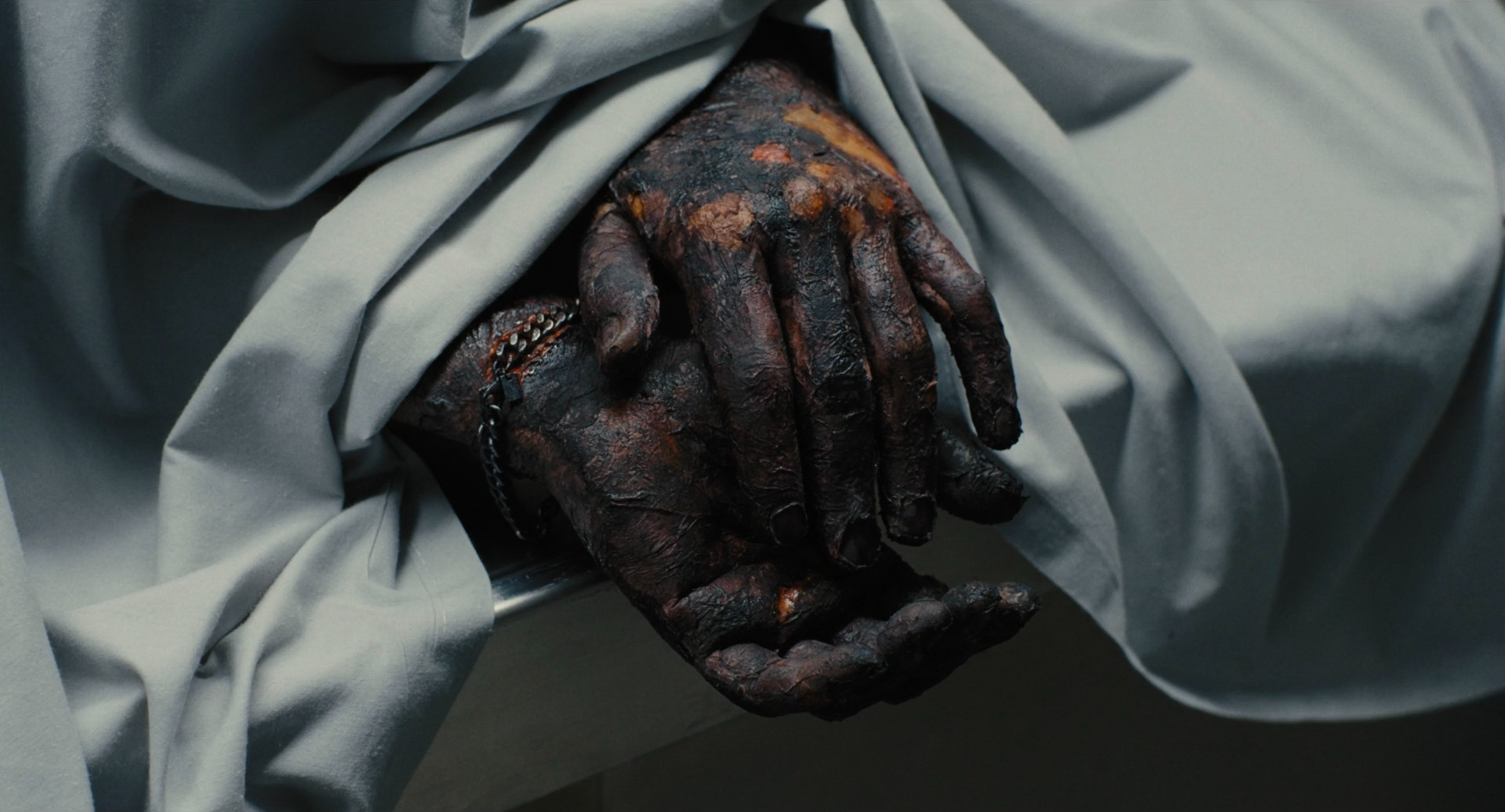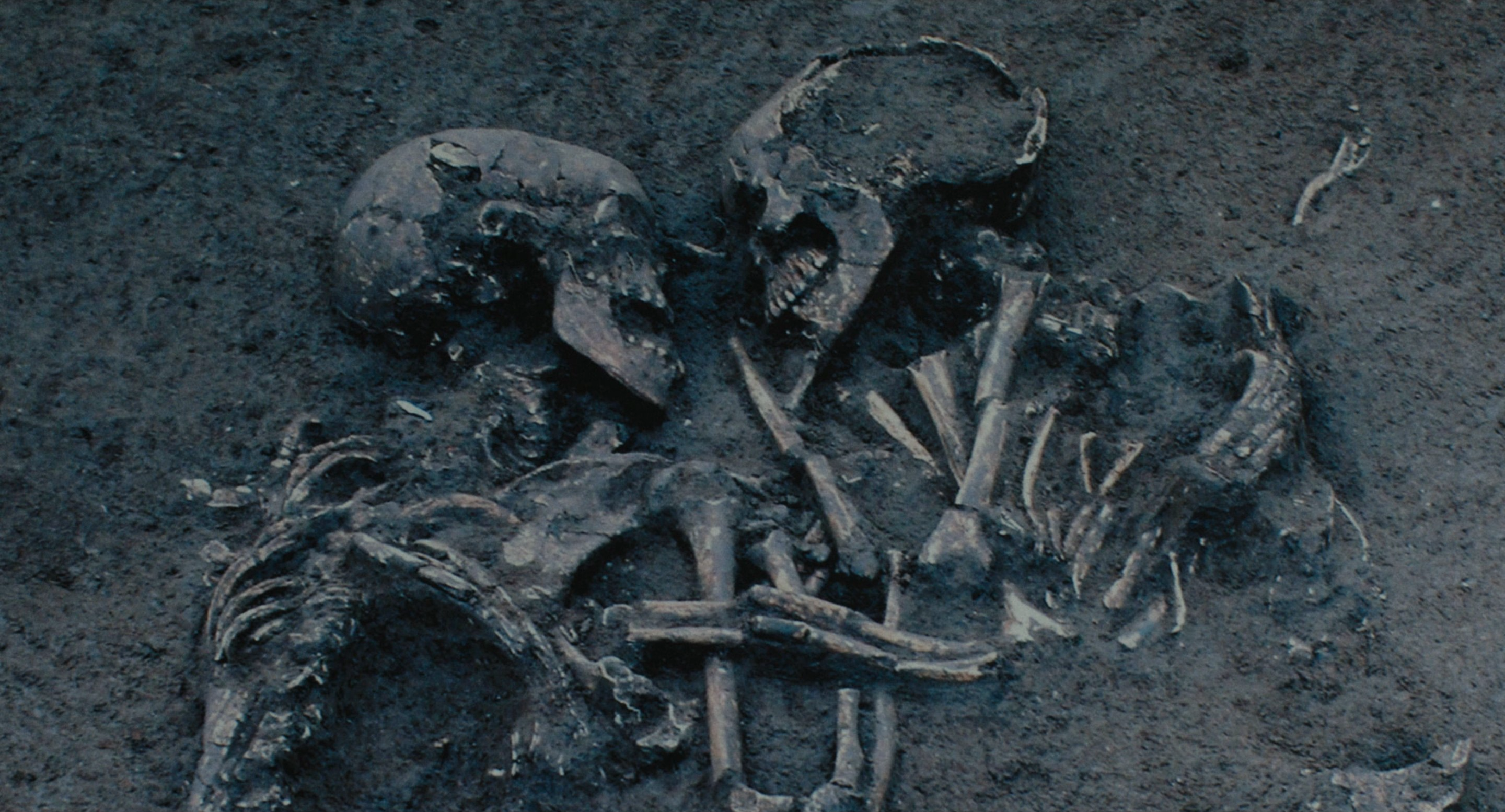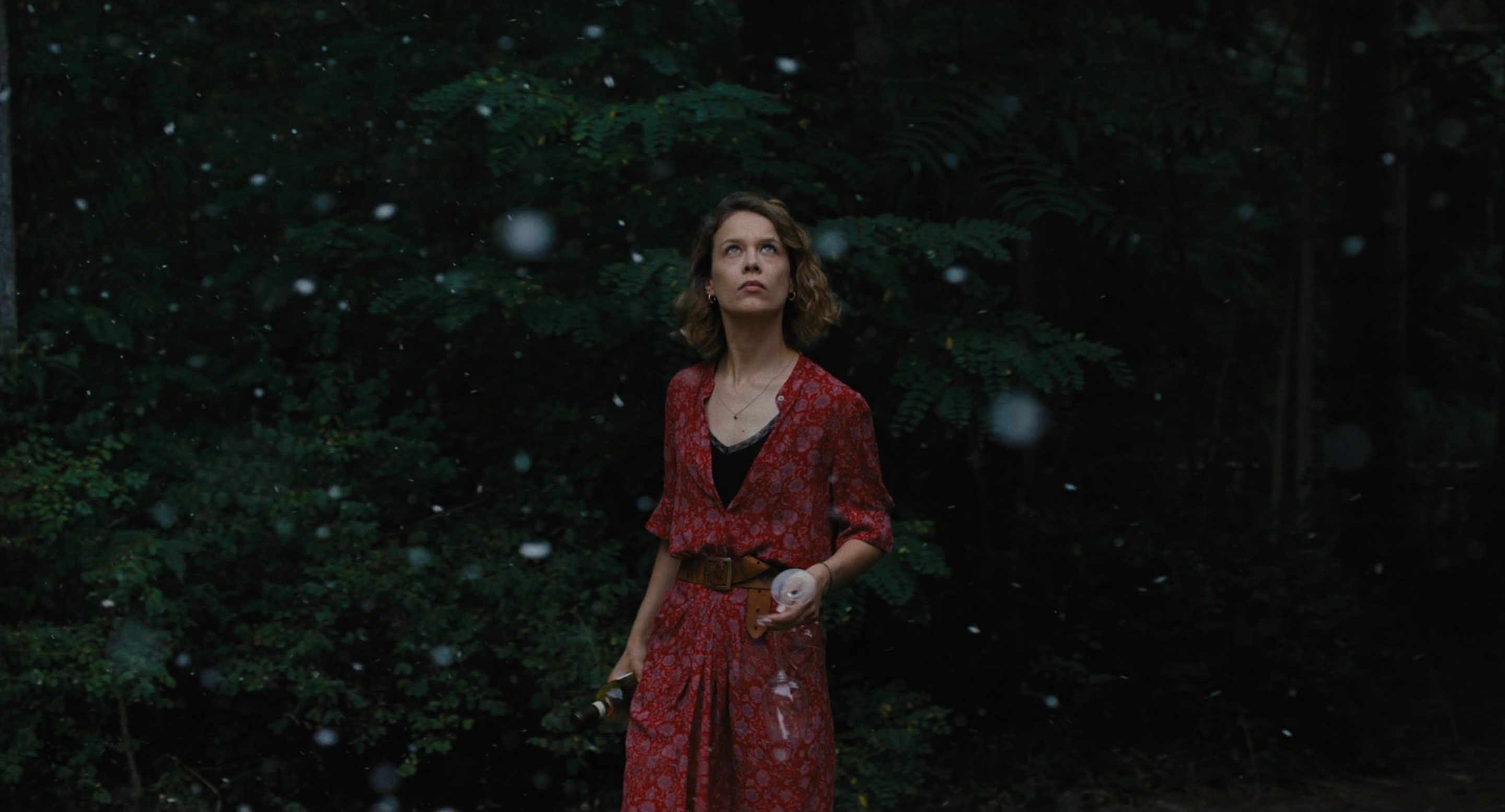Christian Petzold | 1hr 43min

There is no need to worry about the wildfires spreading through the surrounding forest, Leon and Felix are frequently told during their stay by the Baltic Sea. They are a safe enough distance away that their getaway can continue uninterrupted, simply letting the sea breeze blow the flames inland. Even as Leon tirelessly works on his manuscript and Felix builds his photography portfolio though, the blaze of summer romance proves to be alarmingly volatile. Incidentally, the small holiday home that they are staying in also happens to be occupied by another vacationer, Nadja, whose fling with local lifeguard Devid intertwines with the dreams and hormones of her fellow occupants. For the time being, all four are happy assuming that the distant danger won’t interfere with their tiny bubble, and yet it is only a matter of time before this inferno shifts direction and wreaks havoc on their delicate lives.
Following on from Christian Petzold’s subaquatic fantasy-drama Undine, Afire marks the second in the German filmmaker’s proposed elemental trilogy. He wears the parallels to Eric Rohmer’s thematic series of seasons and proverbs with pride here, displaying similar fascinations in those casual interactions between friends and lovers that belong to the idyllic days of youth. Romance, drama, and comedy airily float around characters with only the slightest hint of foreboding menace, all while Leon isolates himself from the others as a brooding loner.
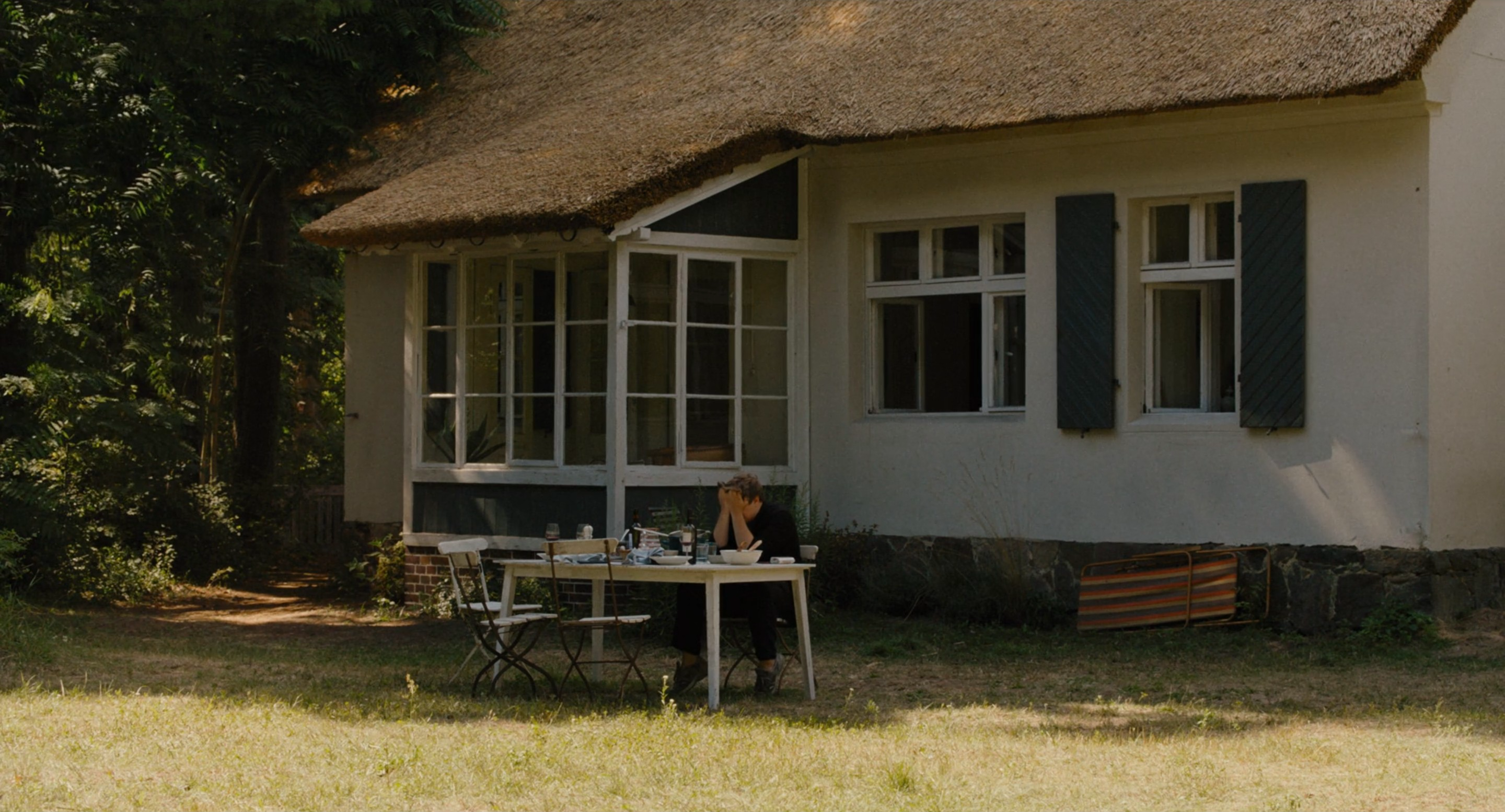
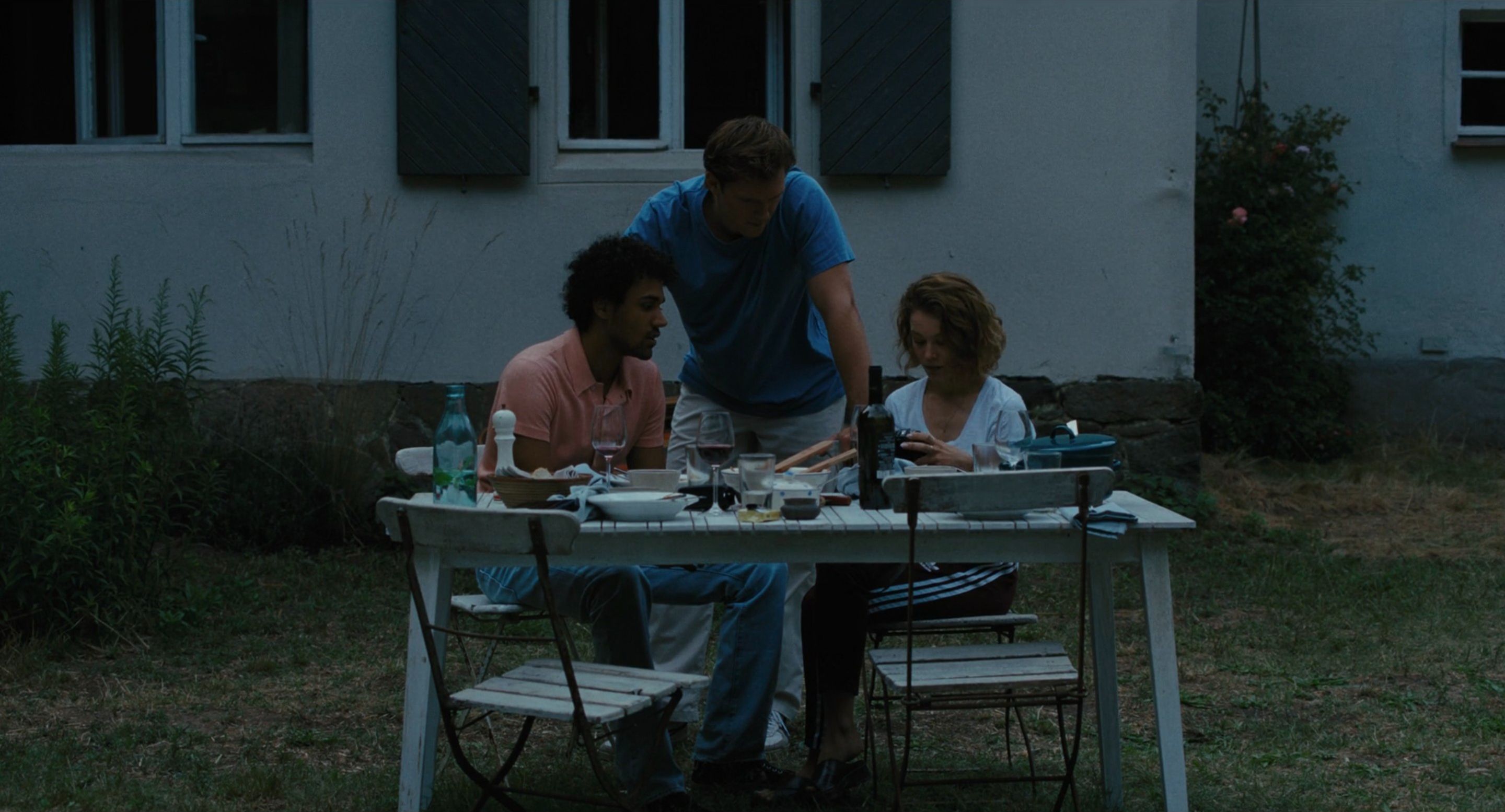
To be fair, the start of this holiday has not been particularly pleasant, with a broken-down car, a water damaged ceiling, and Nadja’s noisy trysts keeping him up at night. Stoking Leon’s discontent even further is the complete inadequacy of his own writing, drawing criticism from his publisher Helmut, as well as Nadja herself. At least in the latter case, he can easily brush off her comments as uneducated – she only works as a lowly ice cream vendor down by the beach after all. It is exactly this dismissal though which exposes his intellectual arrogance, as well as his readiness to leap to false conclusions about her academic background.
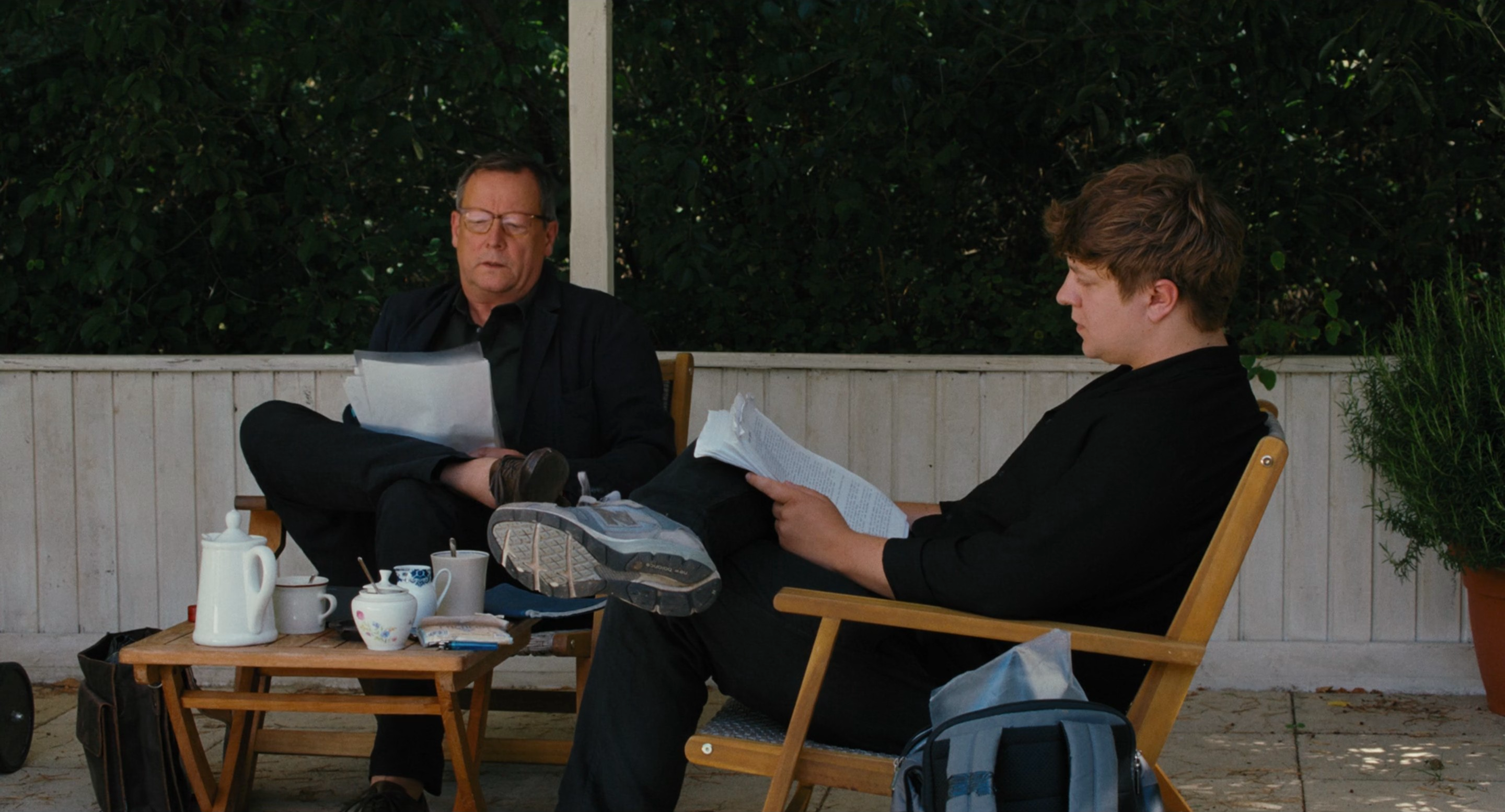
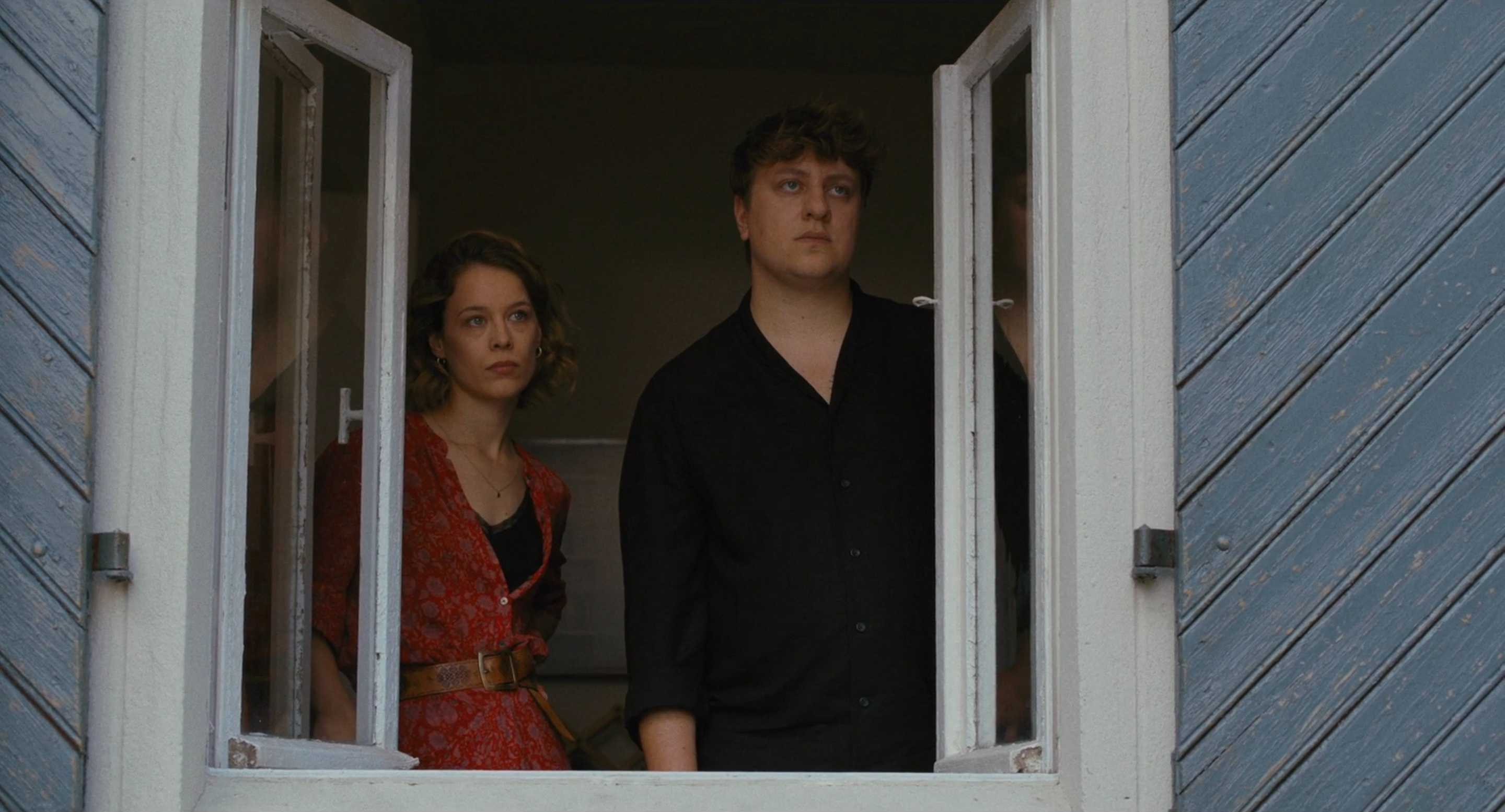
Leon’s jealousy towards the easy-going Felix comes from a similar place too, as he watches the myth of creative success only being earned through painstaking obsession crumble before his eyes. While Leon sulks over his tortured genius, Felix approaches his photography with an open-minded spontaneity, attracting the praise from Helmut that his friend desperately desires, and still finding the time to effortlessly form new relationships. So self-absorbed is Leon that he doesn’t even notice sparks of romance igniting between Felix and Devid until Nadja directly tells him that they are sleeping together, not even slightly bothered by the fact that her fling has found another lover.
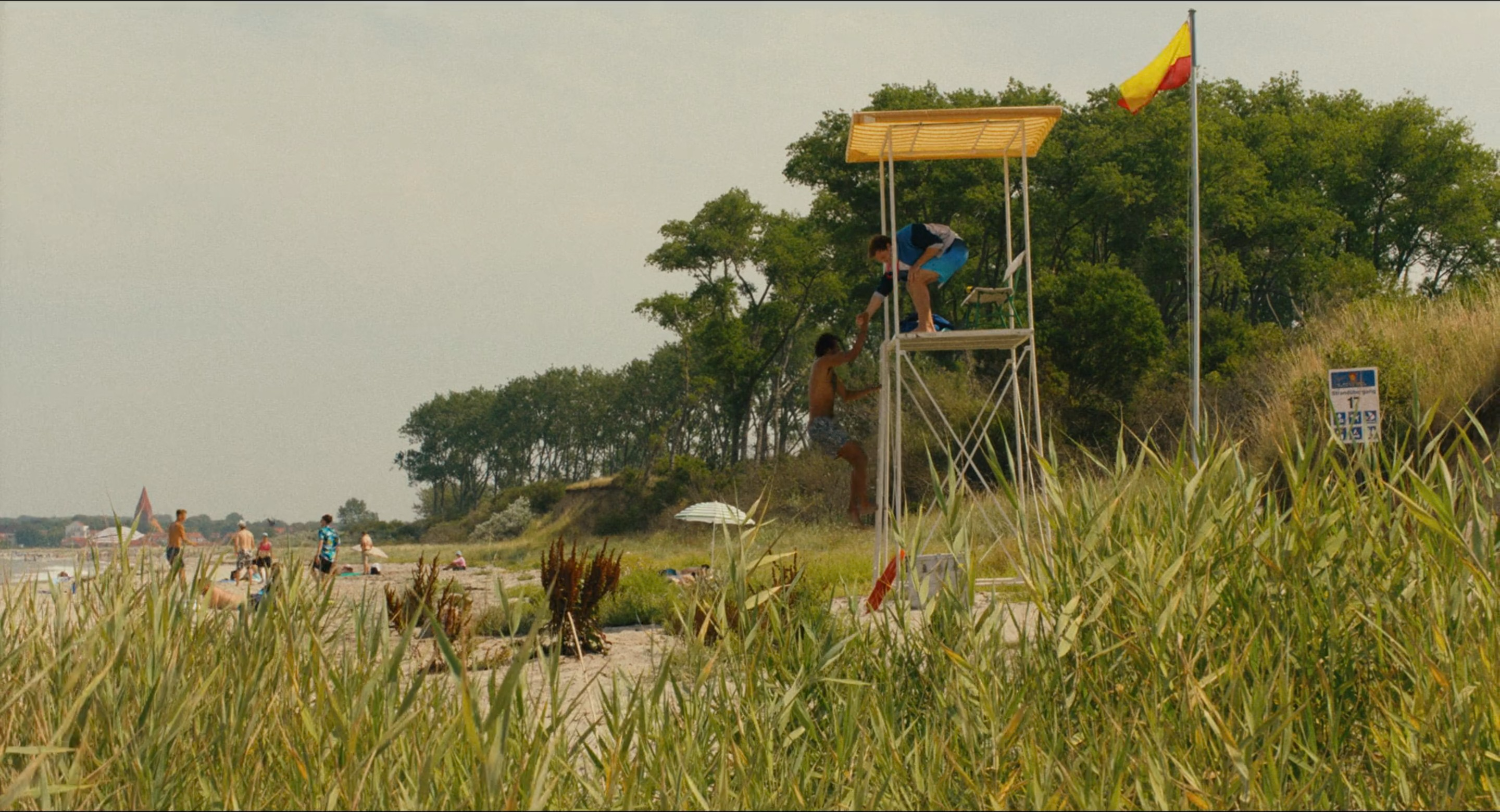
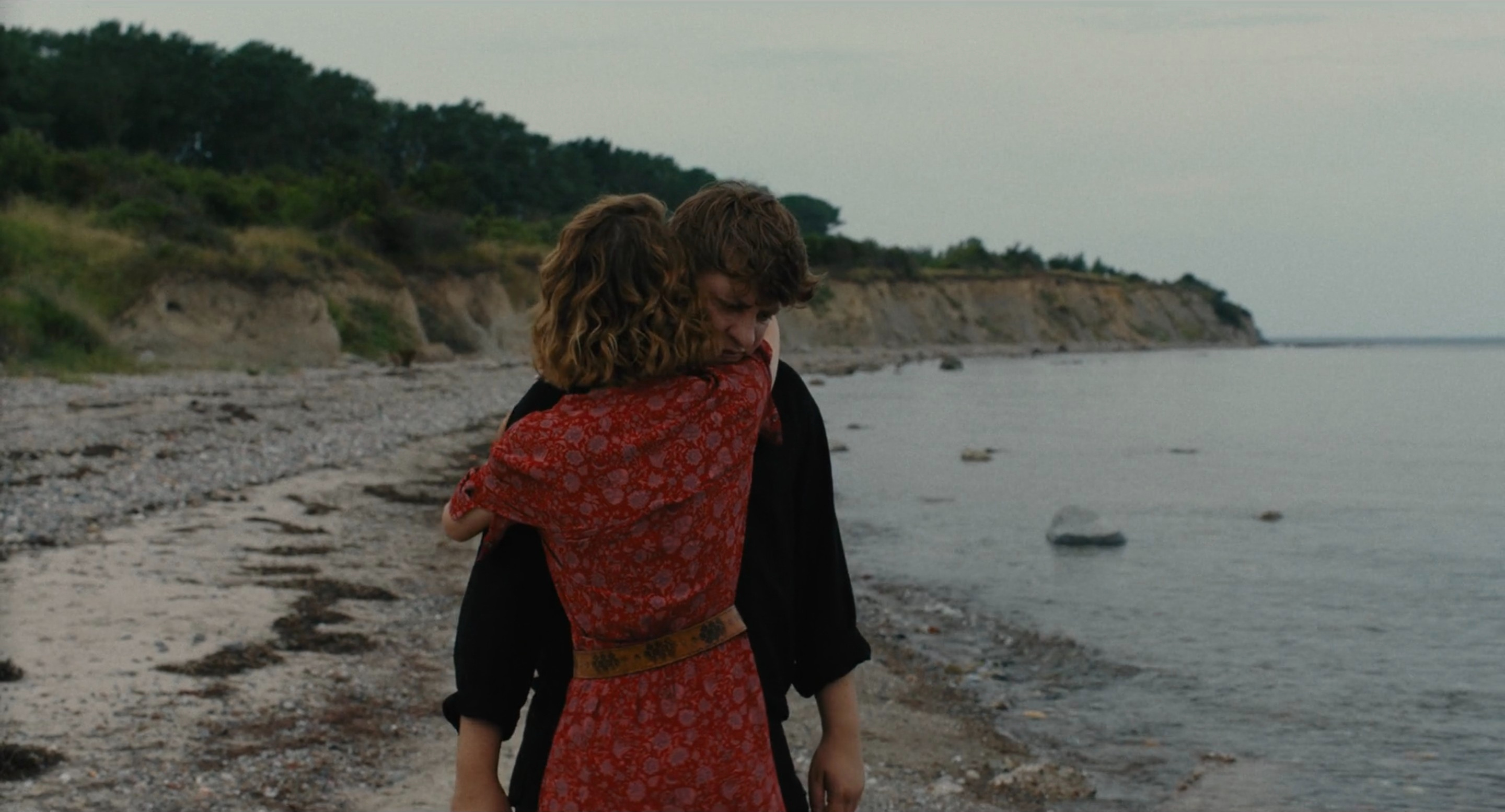
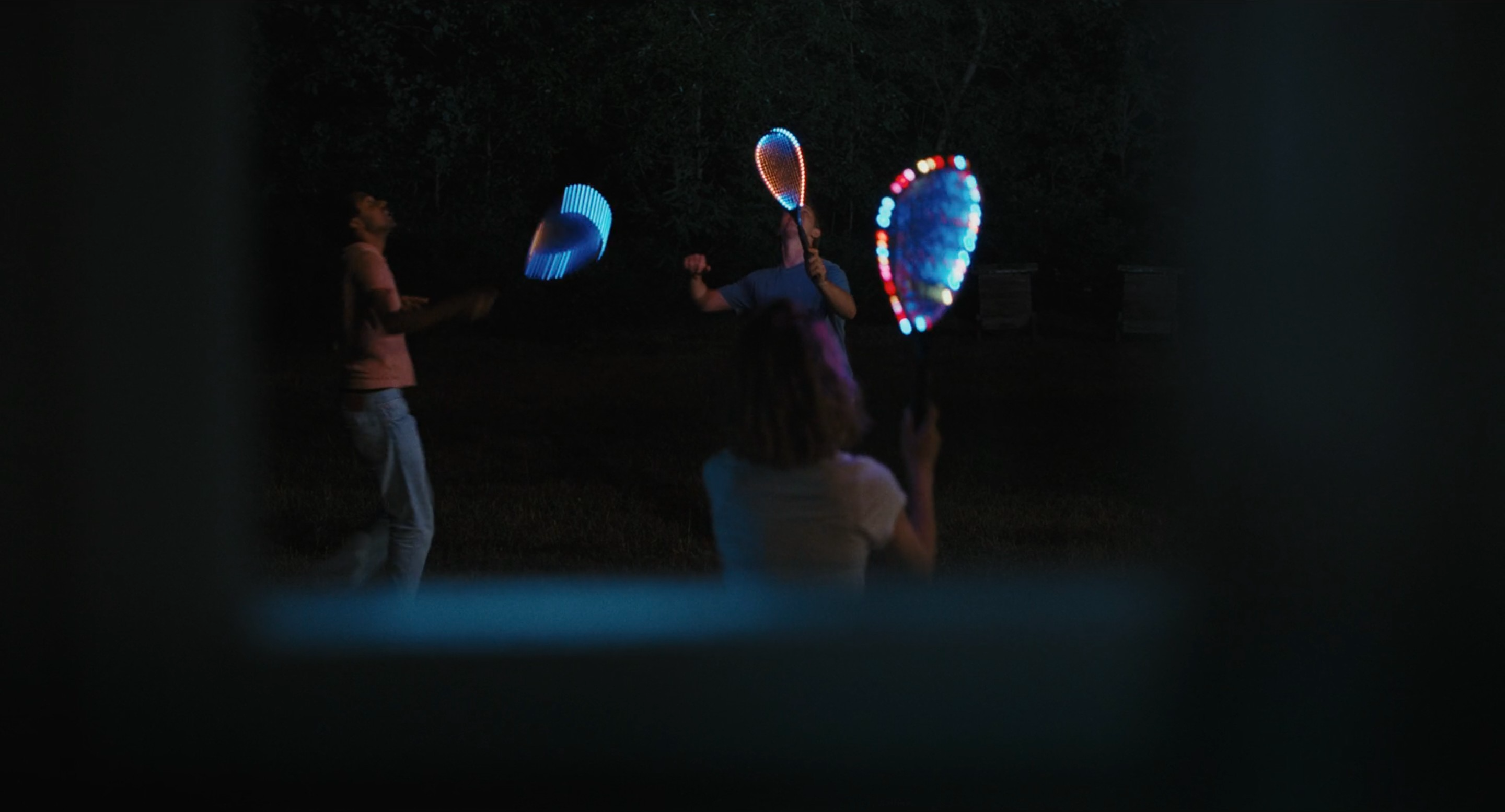
Perhaps this trio is blinded by their shared joy as they play games and make love into the night, but so too is Leon’s vision clouded by his bitter insecurity. When all four are finally forced to confront the pressing danger of local forest fires, all they can do is stand on the roof and gaze at it from a distance, hypnotised by its brilliant orange glow illuminating the night sky. The contrast it strikes against the soothing blue hues of Petzold’s day-for-night wash is vividly realised, threatening to disrupt the status quo even as characters naively express relief that the blaze won’t come any closer. Neither is the trance disrupted by the arrival of white ash fluttering down from the sky like snow, casting an enchanting thrall over this quiet retreat. It takes a sudden medical emergency to snap these vacationers back to reality, only to realise on their way out of the forest that they may have left their evacuation far too late.
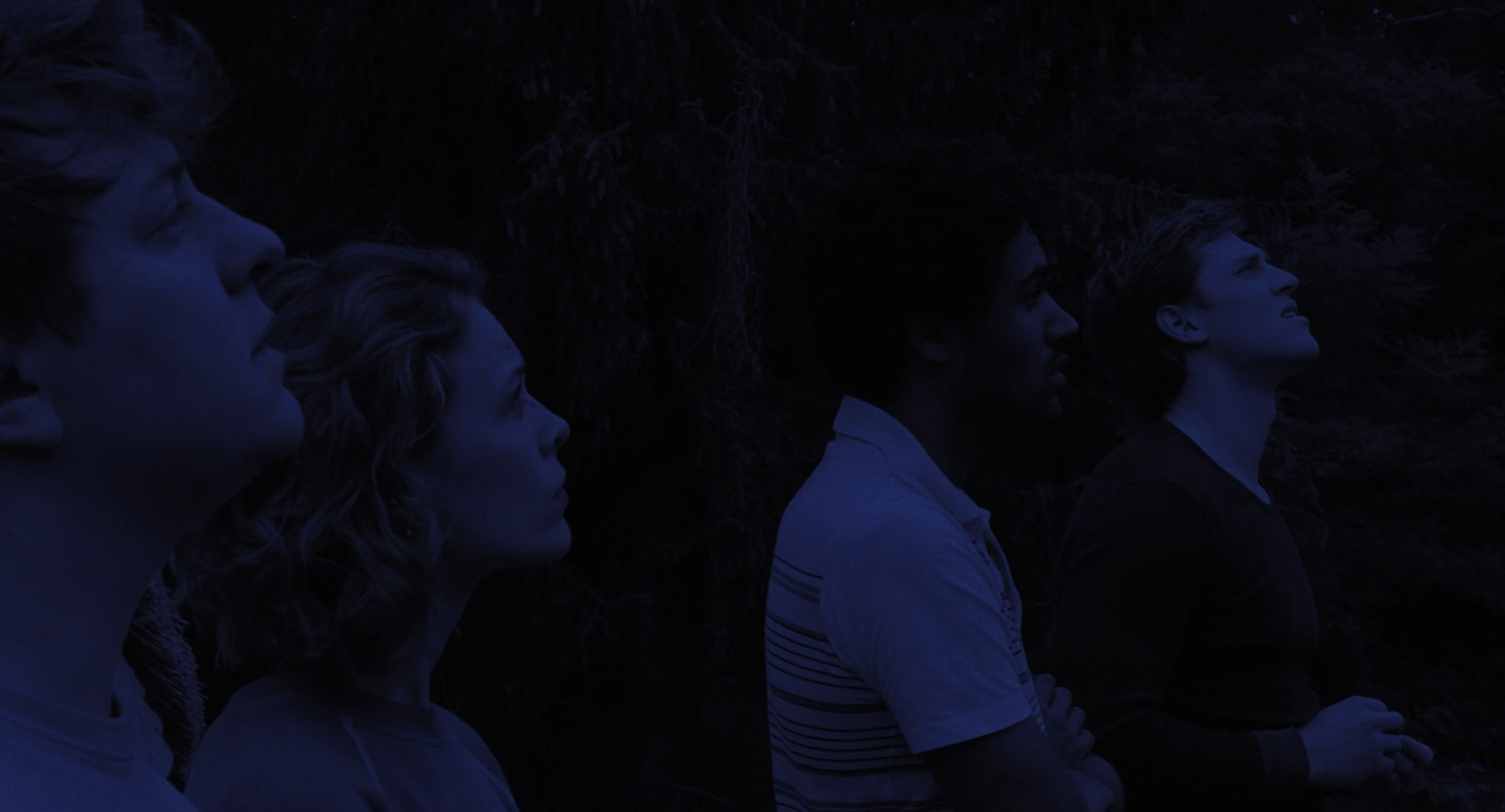
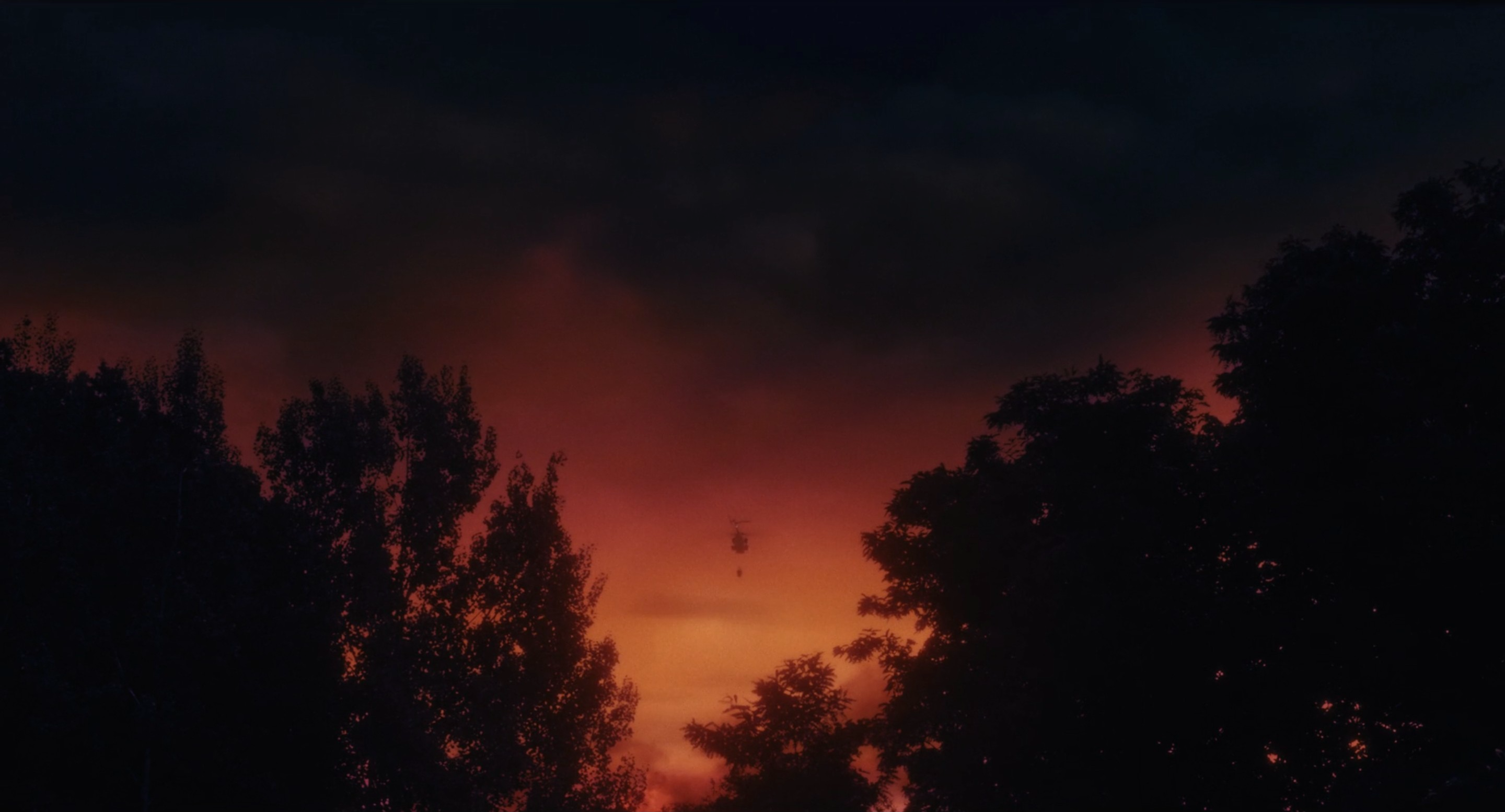
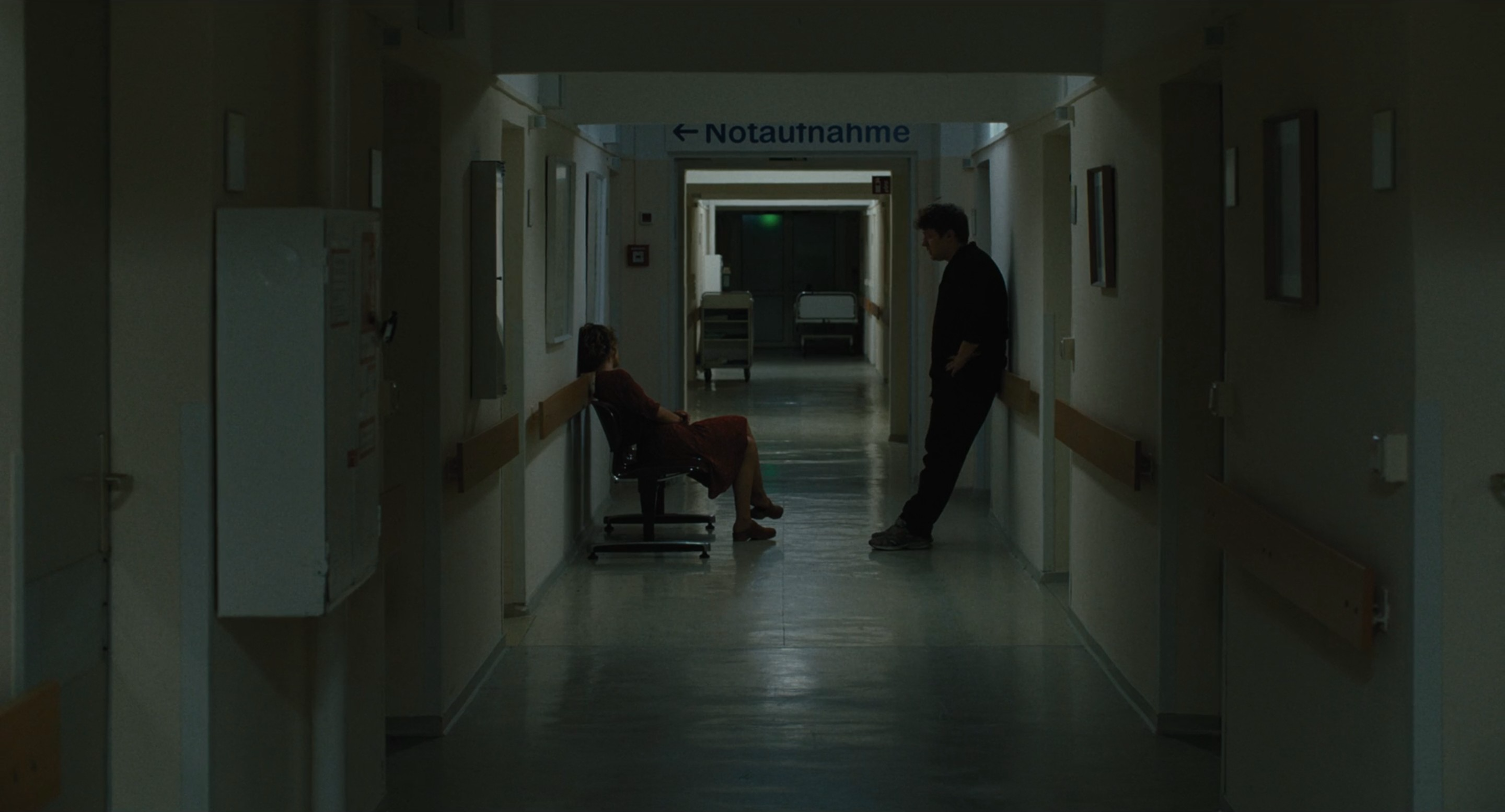
It is here in this climax that Petzold delivers some of his most compelling symbolism, foreshadowing a destruction of innocence as he lingers on the burnt remains of a baby boar and deer that have been abandoned by their families. Much like the clash of warm and cool hues in his natural lighting, these fiery visuals are harshly juxtaposed against the calm ocean setting which Felix photographs, Devid patrols, and Nadja works by. Leon does not quite appreciate the beach in the same way, and yet it is exactly where he finds himself wandering to in the wake of tragedy, watching its bioluminescence light up the water with tears in his eyes. If only he had accepted Nadja’s earlier invitation to see what he sees now, he quietly regrets. If only he recognised the futility of his work, shed his inhibitions, and opened himself up to new possibilities. His confession of love ultimately comes far too late, and has the worst possible timing one could imagine.
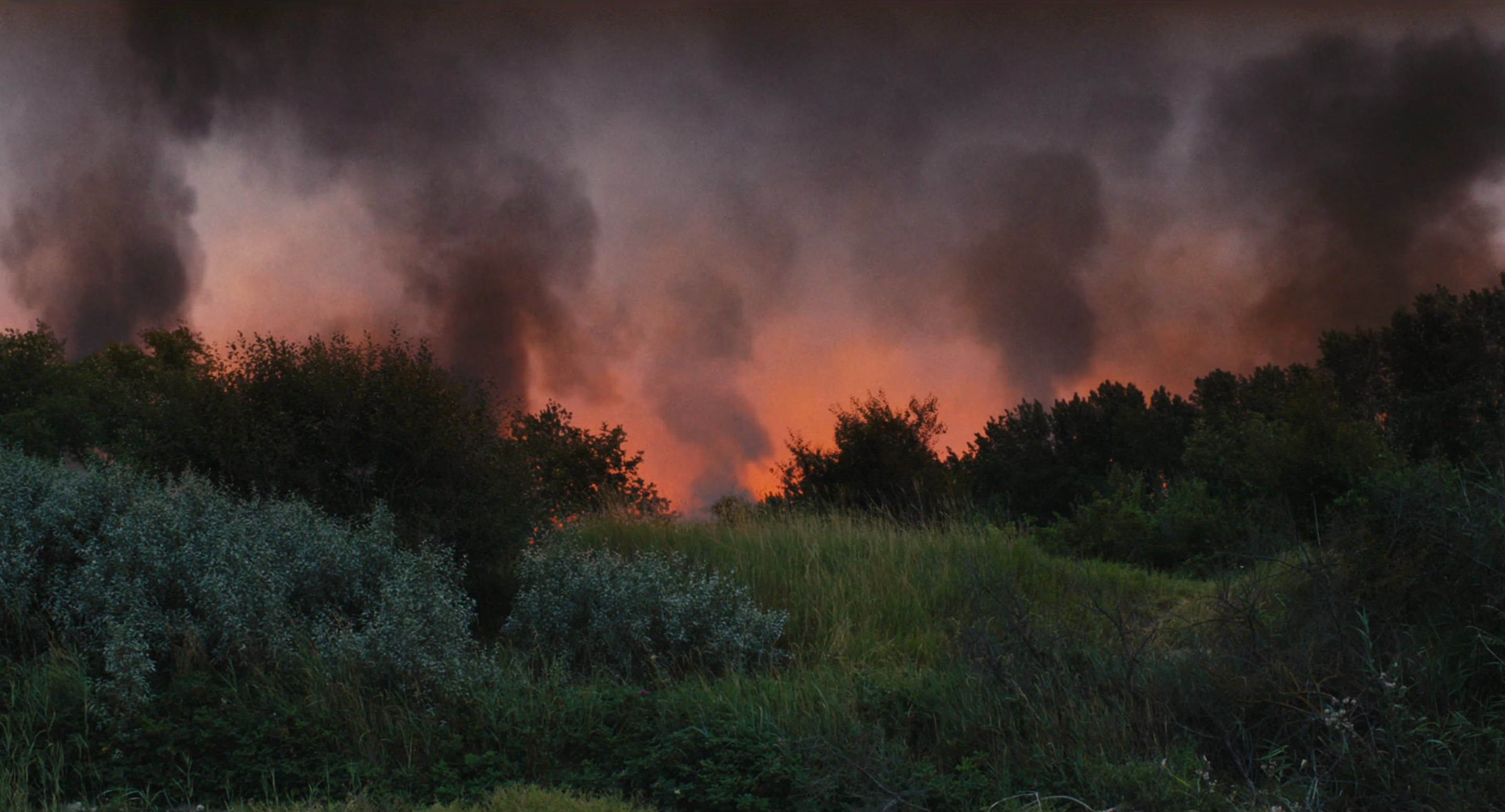
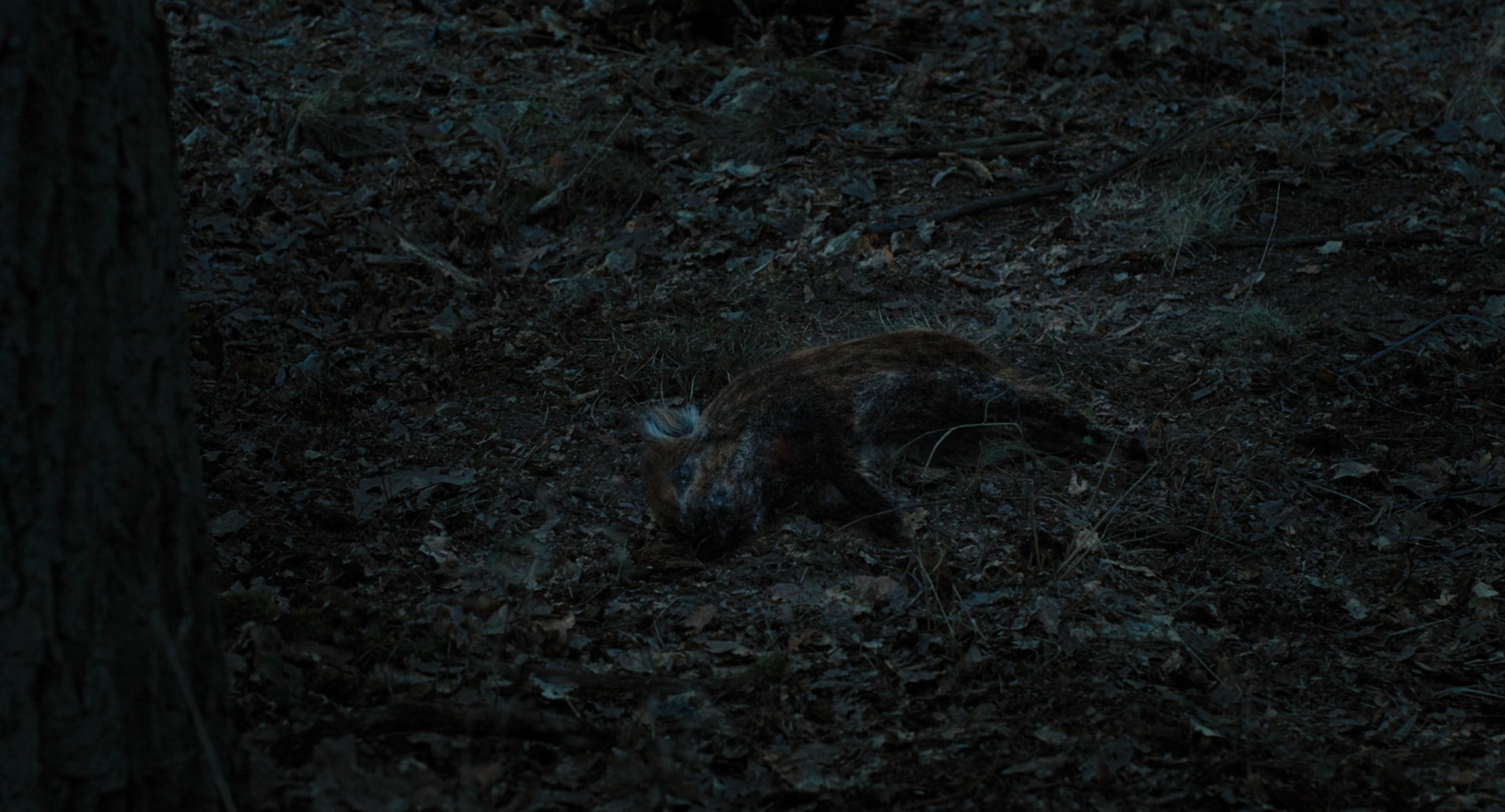
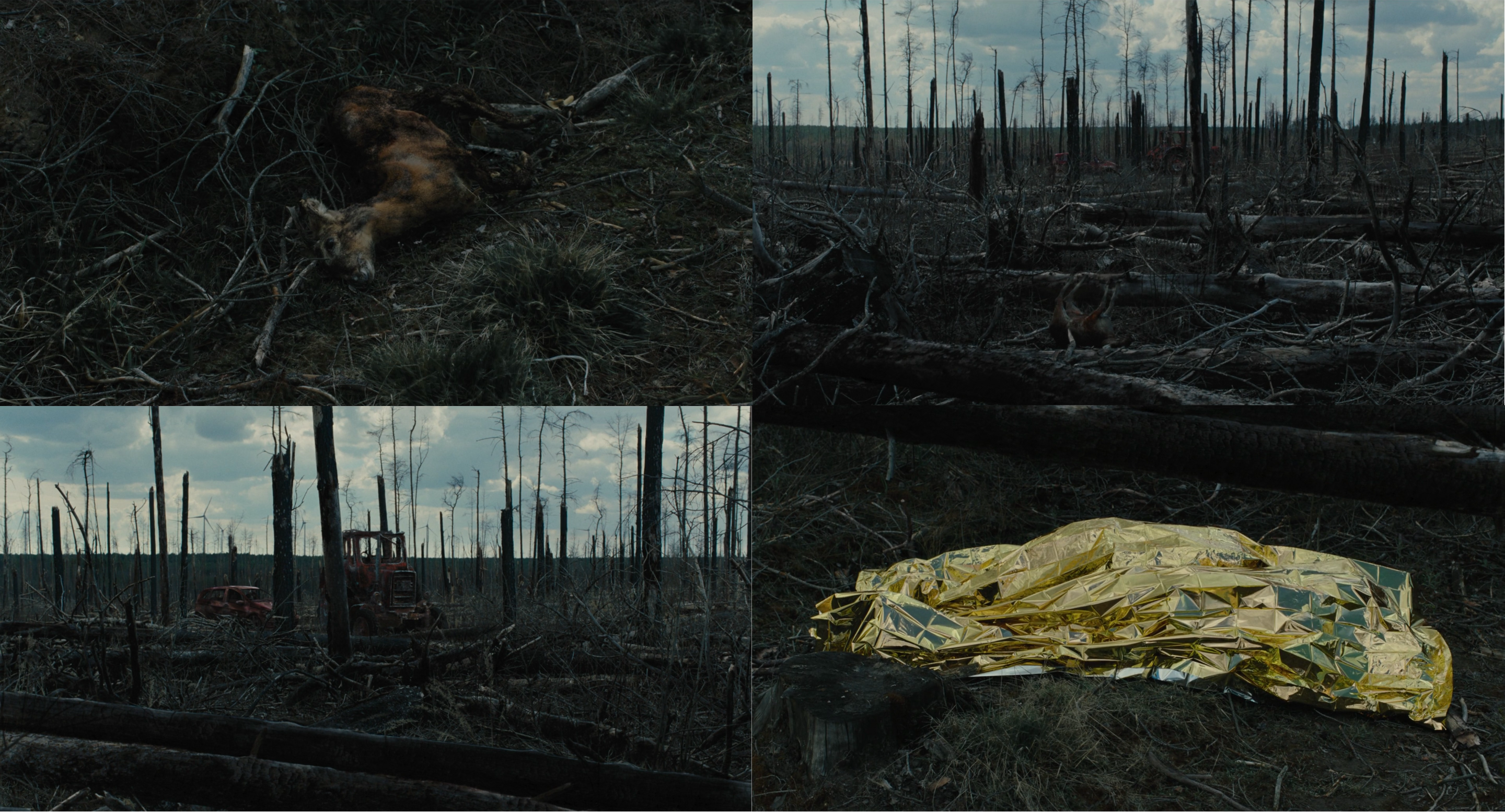
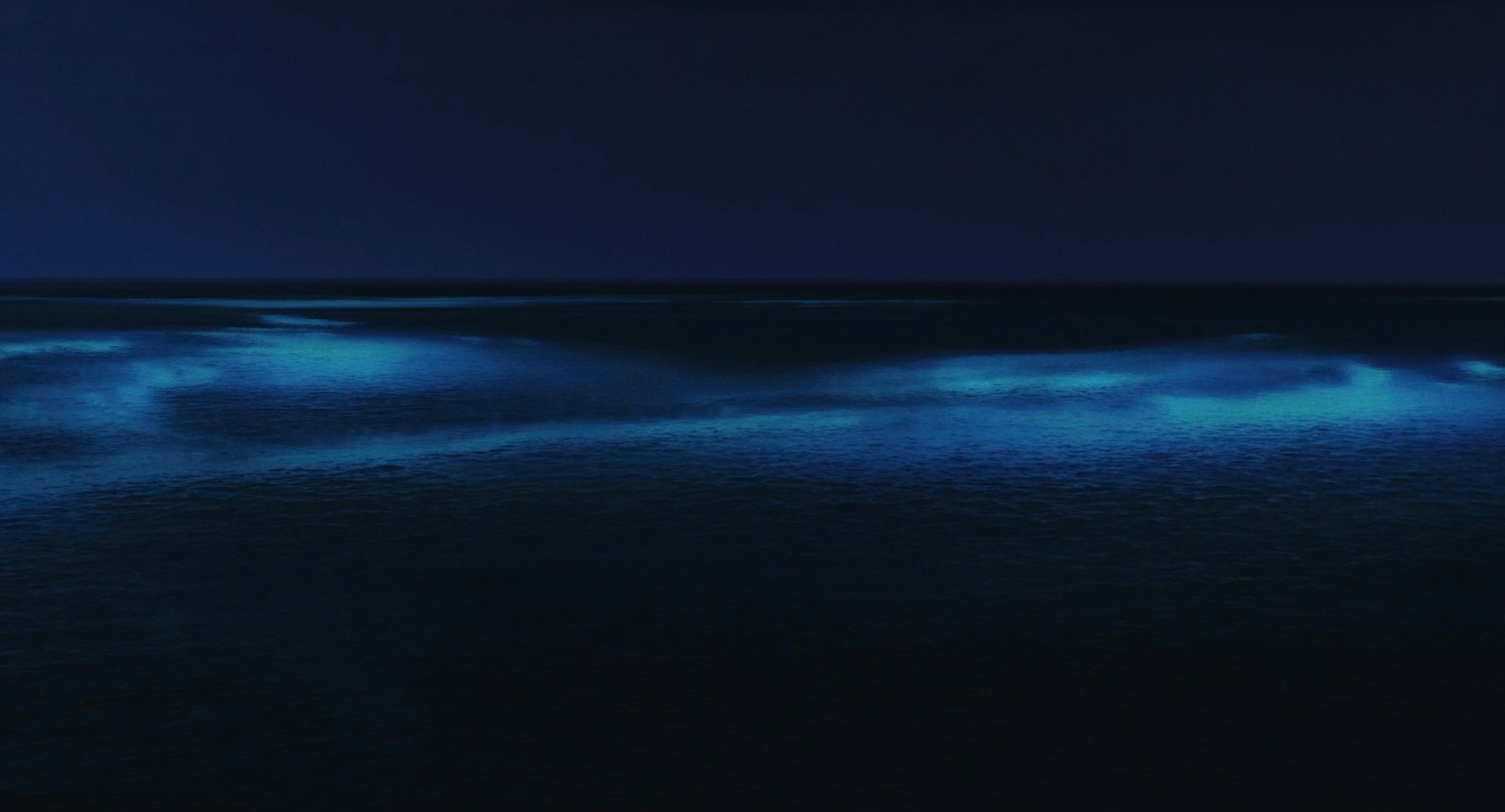
But then if Leon did submit to the heated throes of passion, would he have been among the unlucky ones to succumb to its flames, burning to death in a tight lover’s embrace? Petzold wields his metaphor here with a haunting elegance, alluding to those two bodies uncovered at Pompeii that were locked in a similar position, and imbuing Afire’s resolution with an almost mythical quality. Young love requires a certain vulnerability that those looking in from the outside might be terrified to submit to, and yet once consumed by the blazing euphoria that Petzold so delicately depicts in its raw, elemental form, anybody can see that it is worth the peril.
Afire is currently streaming on The Criterion Channel.
